“For every minute you remain angry, you give up sixty seconds of peace of mind”. That quote is attributed to American poet and philosopher Ralph Waldo Emerson. Those words ring truer in today’s world, where getting outraged over every trifling thing on the news or social media is the norm. In some ways, one could even go so far as to suggest that there are people whose peace of mind is attained once they’ve seen their anger through. One recent example is the scandal involving the indie title Depth of Extinction. A developer’s actions have caused quite an online outrage among gamers. In a few examples, we can even see a sense of vindictiveness among those providing their reactions.
Disclaimer: We do not agree nor condone the actions of HOF Studios (which we’ll outline below). We are simply examining gamer reactions from a psychological standpoint.
The Depth Of Extinction Scandal
Depth of Extinction is an indie title from HOF Studios. The gameplay is in the vein of XCOM and FTL, although it is rough around the edges. It has, so far, received somewhat of a lukewarm response among Steam Curators. However, there was one review that kickstarted this entire fiasco.
On October 5, a Steam user by the name of Ryan Dorkoski left a negative review of the game after playing it for 1.2 hours. It was nuanced, detailed, and fair. Unfortunately, the developers disliked this critique and they ended up removing Dorkoski’s game from his Steam library. Yikes!
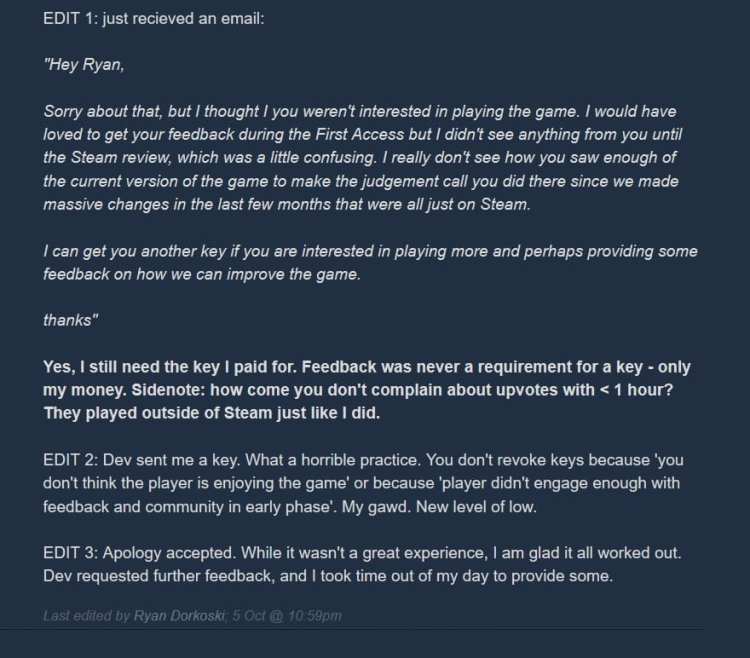
From Steam: Ryan Dorkoski citing his experience on October 5 and how the matter was resolved on the same day.
The player then went on the game’s Steam forum to voice his complaints. Later that day, the developer gave him a new key and apologized profusely for their actions. Dorkoski rightfully did not like the whole ordeal, but the apology was accepted. He even provided additional feedback for the game.
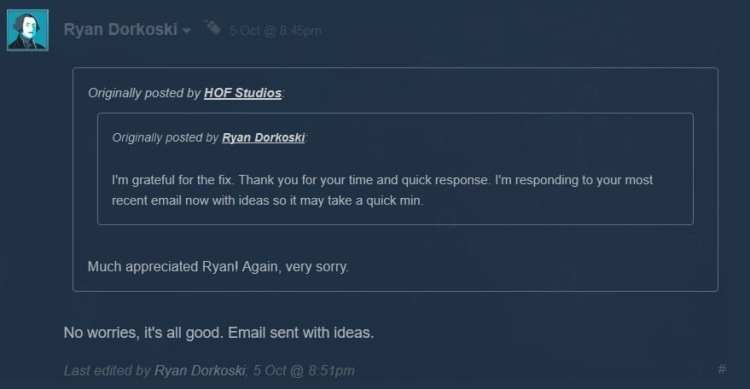
Also from October 5: Dorkoski considering it case closed with a “no worries, all good” reply and mentioning that he even sent an email with additional feedback.
Normally, the story ends here — an indie developer screws up, apologizes, the apology is accepted, and everyone moves on with their lives. But this is 2018. We have the two-headed beast known as The Internet and Social Media to consider. And so the story broke out… almost three weeks later.
Reddit Reacts
On October 20, a story was published by the GamingonLinux website which provided the details. That story was subsequently submitted on Reddit, causing a lot of users to become upset. Here are some takeaways that Reddit users had:
- “Developers can revoke your Steam game anytime they want.”
- “If they don’t like what you say, say goodbye to a purchase that you made.”
- “It’s like if you buy a car. If you tell the manufacturer that you don’t like it, they can take it away from you!”
- “That’s thievery! They stole from a gamer/consumer!”
- “Valve should increase its security for the benefit of players!”
Apart from that, the discussion devolved into wondering if other developers would end up doing such a thing, debates about DRM, promoting freedom of speech, asking for Steam blacklisting, and so on.
What many users forgot was an important fact: if you buy a game on Steam, it doesn’t just magically disappear from your library because devs hate you. It can, however, happen if you buy alpha, beta, or test keys from third-party websites — but this happens very rarely.
That’s actually what happened in this case. Dorkoski purchased an alpha key from itch.io. Alpha, beta, and test keys are usually sent out in bulk by publishers. Keys might sometimes no longer work, but this is done in batches (usually when a promotion or beta ends). Likewise, locking out a specific key and removing the game itself on Steam is no easy task. Some users surmised that this was made possible because of the username Dorkoski used when purchasing on itch.io as well as his Steam account — but this is all speculation.
So, again, if you buy a game directly from Steam, developers cannot instantly delete them from your library. Unfortunately, the opposite idea has spread, which has caused a commotion among certain gamers all because of unfounded worries that “Steam games in our libraries will disappear if we criticize a developer.”
HOF Studios Apologizes… Again
Following up on the news story, another article appeared on October 21. This one contained yet another apology from one of the developers:
This game was my whole life for three years, and I was unprepared three weeks ago for how the launch and first wave of negative reviews would impact me emotionally. I reacted poorly to a negative review by a person who had purchased our alpha key on a different platform. I took the review personally. My response of revoking the key was wrong and I will not try to explain it away, but will take full responsibility. I gave them a new key the next morning after they emailed me and I also apologized to them over email. Here’s a further apology to anyone else who is offended by these events – I am truly sorry for my actions. I’m hoping that I can use this incident to continue to grow and mature as a human and as a game developer.
So yes, almost three weeks ago, the aggrieved player received an apology from the developer. Today, the developer apologized again for their actions addressing the entire gaming community, I guess, or whoever was offended. Normally, the story ends here (again) — but this is 2018! We have The Internet and Social Media, remember?
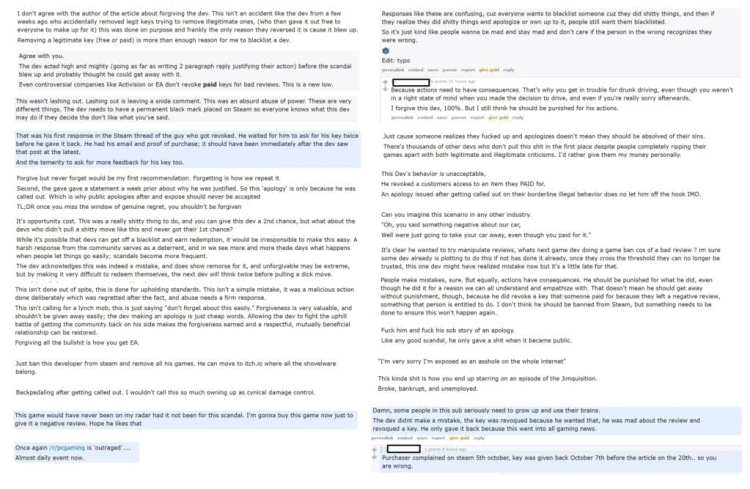
More reactions from Reddit: These ones were made after HOF Studios issued a public apology addressing the entire matter.
The Internet Does Not Forgive, It Does Not Forget
Reddit users remained upset at the events from three weeks ago. Many could not accept the developer’s apology, and there are some who advocated for even more punishment. Some called for blacklisting the developer or banning them on Steam. Others wanted to ridicule them more on social media platforms. Some called for the devs to be featured in YouTube shows where they would be lambasted further — “broke, bankrupt, and unemployed”. Of course, there were a few who did the usual: “Imagine if I bought a car” rhetoric.
On the Depth of Extinction Steam page, you might notice that everything’s been quiet for the past couple of weeks until recently. That’s when several topics talking about “THEFT!” “banning the developer on Steam” started cropping up. One particular topic (from October 5) wherein a player wanted to support developers and provide more constructive criticism suddenly got “necro’d” (resurrecting an old, abandoned thread by posting in it) by people who tried to troll the original poster as a “shill.”
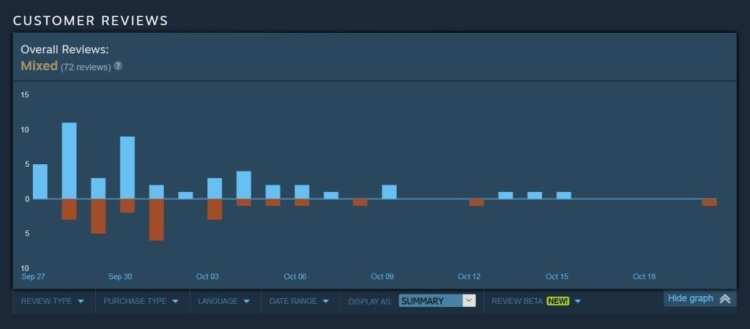
Depth of Extinction Reviews: Notice how most reviews, including negative ones, were from late September and early October. Only one review has surfaced, so far, after the fiasco. It’s from a YouTuber who did a video commentary.
Hilariously, there was also a particular YouTube channel trying to cash in on the controversy. Checking out the reviews for Depth of Extinction, you’ll notice that there have been very few reviews in the past weeks. There was a new one that popped up — a negative review — from YouTuber Sid Alpha (83,000 subscribers). Sid Alpha played the game for only 0.6 hours which allowed him to leave a negative review. That Steam review, however, just links to his YouTube channel.
In another topic, a random user who’s never posted at all in the Depth of Extinction page claimed that threads discussing the controversy were being deleted — even though such topics still exist. That user then happily linked to the same YouTube video.
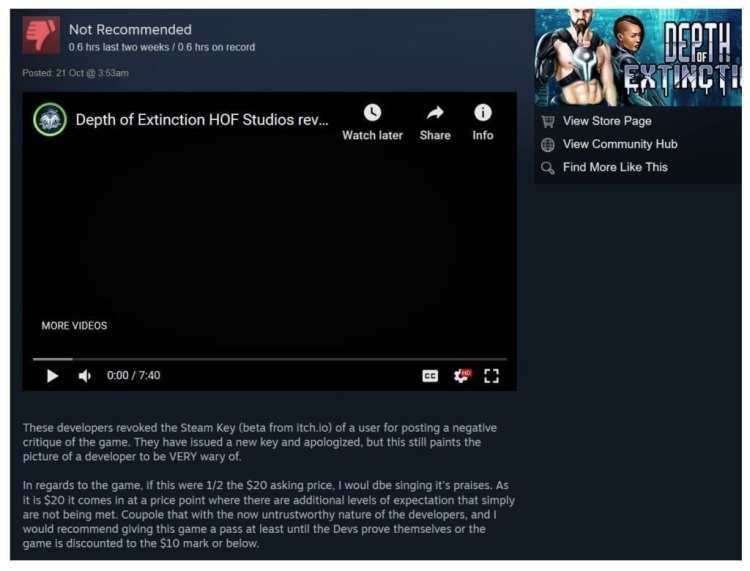
The only negative review recently comes from a YouTuber who’s played 0.6 hours and wanted to promote a video on his channel concerning the controversy.
Also, it seems that even though Dorkoski mentioned having accepted the apology and moving on from the issue at large, the recent discussions and coverage may have sparked him to revisit the experience. This is in spite of not having partaken in many discussions about the game since the matter was resolved during the first week of October. You can see his comment in the lower-right of the picture below.
Late Reaction To Late News
It does make you wonder how outrage easily seeps in conversations. Given that the matter looks to have been resolved between the two parties involved, what we’re seeing now is “a late reaction to late news.”
From a simple conclusion with Dorkoski stating: “I did not like what happened but apology accepted; no worries, all good,” we suddenly have random users chiming in three weeks later to say: “I’m doing this for a cause! I’m doing this to increase accountability for the benefit of the gaming community!” It’s strange and fascinating to behold.
Remember Total War: Rome 2? Female generals were added back in March with little fanfare. Then, a Creative Assembly representative told players in August: “If you don’t like it, you can mod them out.” Nobody batted an eye until September when Total War: Rome 2 was suddenly getting review bombed because of “Creative Assembly’s agenda to have more women in games.” That was over a month after the CA rep’s response!
That’s the basics of outrage culture: reacting suddenly to something you overheard without any care about how long ago it was. It just made you react, and therefore that reaction has to be expressed online.
In the case of Depth of Extinction, we have this timeline:
- October 5 (7:02 am) = Ryan Dorkoski posts a topic about his beta key revocation.
- October 5 (8:40 am) = HOF Studios apologizes and provides the key. Dorkoski accepts the apology. Dorkoski edited his original post to reflect the resolution at around 11:00 am.
- October 20 = An article was published regarding the situation from October 5. This was subsequently posted on Reddit, which caused a controversy among users.
- October 21 = Another article was published wherein HOF Studios made a public apology to anyone who may have been upset; this was also posted on Reddit.
- These past couple of days, many users were outraged by an issue from October 5 that had been swiftly resolved in less than two hours.
Controversy Creates Cash And Negativity Bias
Outrage culture has become the norm in today’s inter-connected world. Controversies and scandals generate views, clicks, and, naturally, ad revenue, simply because these news bits pique emotions and interests.
In psychology, we have what we call “Negativity Bias.” That’s how we, as humans, are wired to be more affected by something negative as opposed to something equally positive. There’s a reason why you might find yourself reading or reacting more to “bad news,” while at the same time leaving just a “like” or a “heart” to something adorable. That’s how Facebook, Twitter, YouTube, and other platforms proliferate. Outside of cute kitten GIFs, social media tends to rely on making you feel offended about something. And that offense may last for a short while until you find something else to be offended by.
Because of the influence of rapid-fire information, consumed readily and heartily by the masses, there is little time for introspection. Conversations devolve into name-calling, grandstanding, virtue signalling, hashtags, or memes. YouTube critics succeeded over the years because of a platform that gives random people a voice. And, more often than not, an angry or vocal slant tends to attract audiences. Remember how people think “reality TV is trash,” and yet there are those who can’t help but have their eyes glued to the drama?
Gaming discussions have also become partisan simply because many users are so wrapped up in online outrage that the middle ground does not exist anymore. It creates an “us-versus-them” environment. As psychologists have noted: “Outrage is contagious. It gives us pleasure. It assures us of our moral superiority. Our disapproval proves how distant we are from what we condemn.”
We seek and crave the validation of our peers who are also angered by something. We need to find a means to satisfy our moral indignation.
Lack Of Empathy And Narcissism
Which brings us to our next point. According to research studies, the influence of the internet and social media has actually led to a drastic decrease in empathy in the younger generation. Conversely, narcissistic behavior and public shaming were on the rise. These have been the trends in the past decade or so owing to the degree of online interactions.
When you remove the social cues and general face-to-face interaction, all you’re left with are fonts and emojis. Many forget the individual behind the monitor or the one receiving the tweet. People are just wrapped up in their virtual selves.
There’s a reason why you might notice comments such as:
- “I don’t feel any remorse for these people.”
- “Serves them right!”
- “I hope they fire so-and-so employee!”
As we’ve known since the late-90s, the internet is the wild west when it comes to human behavior. In most cases, people who lash out or react vehemently online would never have the same disposition in a real-life setting. The anonymity affords users the capability to react in ways that they never could in any face-to-face scenario. Users essentially become judge, jury, and executioner with the social media tools at their disposal.
In short: The internet wants people to feel sorry if they did something wrong. But, oftentimes, the internet also never planned to forgive you in the first place.
Check out this TED Talk from journalist Jon Ronson about the power of social media, how easily people can abuse it, and how it’s become the norm for people to shame those who make mistakes. Watch a breakdown of cascading outraged reactions when someone messed up on Twitter:
Psychology Babble
If you’re wondering why I felt the need to discuss the matter, it’s because I’m a psychology graduate. Prior to starting a small business and finding my way into the gaming industry as a journalist, I’ve held jobs in customer service, retail, human resources, and social services. I’ve dealt with people on a regular basis, as that’s part of the jobs I’ve held for the past decade and a half.
One of the key trends I’ve noticed over the years is how users have become extremely vindictive and vehement in online dealings. You might see an angry customer berate a service crew member in a fast food chain, and you would roll your eyes at how audacious that person is acting — it’s not how you’d want to behave in real-life. And yet, when you’re online, you might be someone who regularly berates community managers or moderators for various games.
The Depth of Extinction fiasco mirrors that same trend. Someone screwed up and made a mistake. The aggrieved party has accepted their apology. Everyone moved on, or so we thought. The moment the story broke on the internet, everyone loses their minds and calls for heads to roll.
The developer of Depth of Extinction came forward to mention how “one negative review” affected them emotionally and psychologically. Ironically, that led the internet to react in ways that would be emotionally and psychologically taxing. All the while, users tried to justify this with phrases such as: “We just want accountability,” “we want the developer to regain our trust,” “we want justice,” “we’re just looking out for fellow gamers/consumers.”
There’s even one particular gem where a user compared the idea of “forgiving an individual developer” with “how we ended up with conglomerates like EA or the FCC.”
I’d like to humor you by stating that it’s possible for someone to react vehemently to this article if only because it analyzes human behavior. After all, people want to be free to act the way they want to. If you try and rationalize that, you could suddenly be asked to step down your high horse or to stop acting so smugly. This, oddly enough, might come from upstanding citizens who want wrongdoers to pay for their mistakes further.
In short, most people don’t want their emotions to be rationalized. After all, how can their moral convictions be scrutinized under a microscope when they believe themselves to be good, kind, and upstanding folk, right?
How Far Will Outrage Culture Take You?
We have to ask: “How far will outrage culture take you?”
- In Rome, gladiatorial battles and executions were needed to sate the appetite of the masses.
- In Medieval times, villagers jeered, spat, and threw dung at prisoners as they made their walk of shame.
- Women who committed adultery had their heads shaved or had to wear rags as they were dragged through the streets.
Humanity has long thrived on feeling vindicated — that those who are “beneath us” must suffer shame and ridicule further. There’s an incessant need to destroy and emotionally break those who do not adhere to subjective social standards. In short, people need a punching bag because it makes them feel good about themselves.
In today’s ever-connected world, no matter how far we’ve come technologically as a species, we are still that same mob that’s “out for blood.” The only differences this time around are that we’re throwing tweets instead of stones, we’re bringing out mobile phones instead of pitchforks, and we’re yelling as loud as possible via upvotes.
Like a twisted variation of Emerson’s quote: What if there are people who feel that “every minute they remain angry gives them peace of mind?”




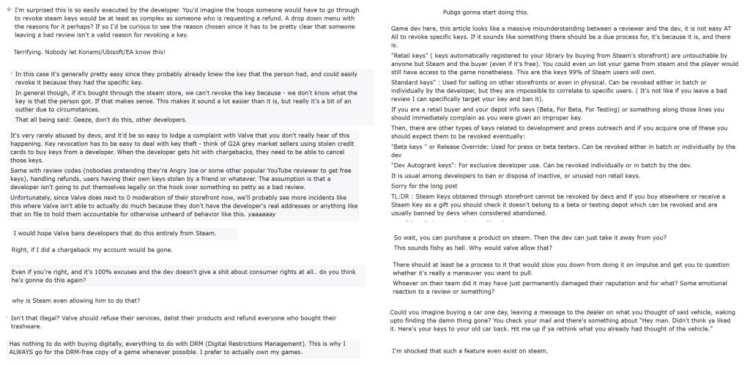

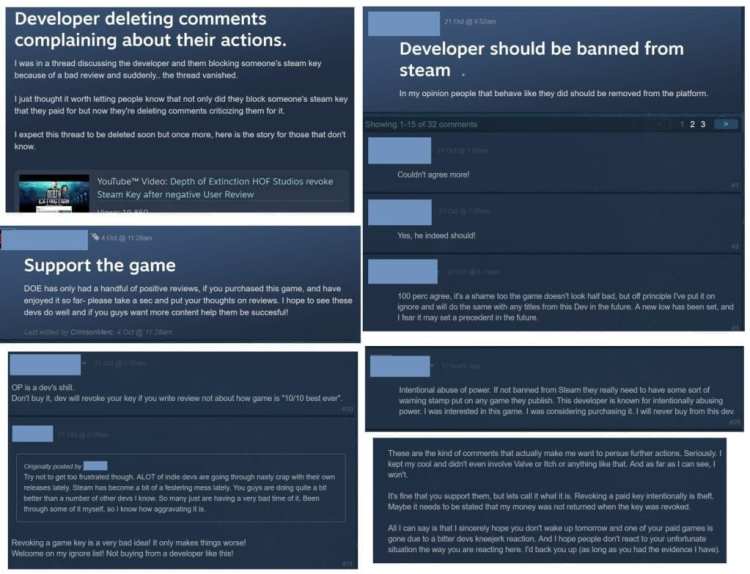



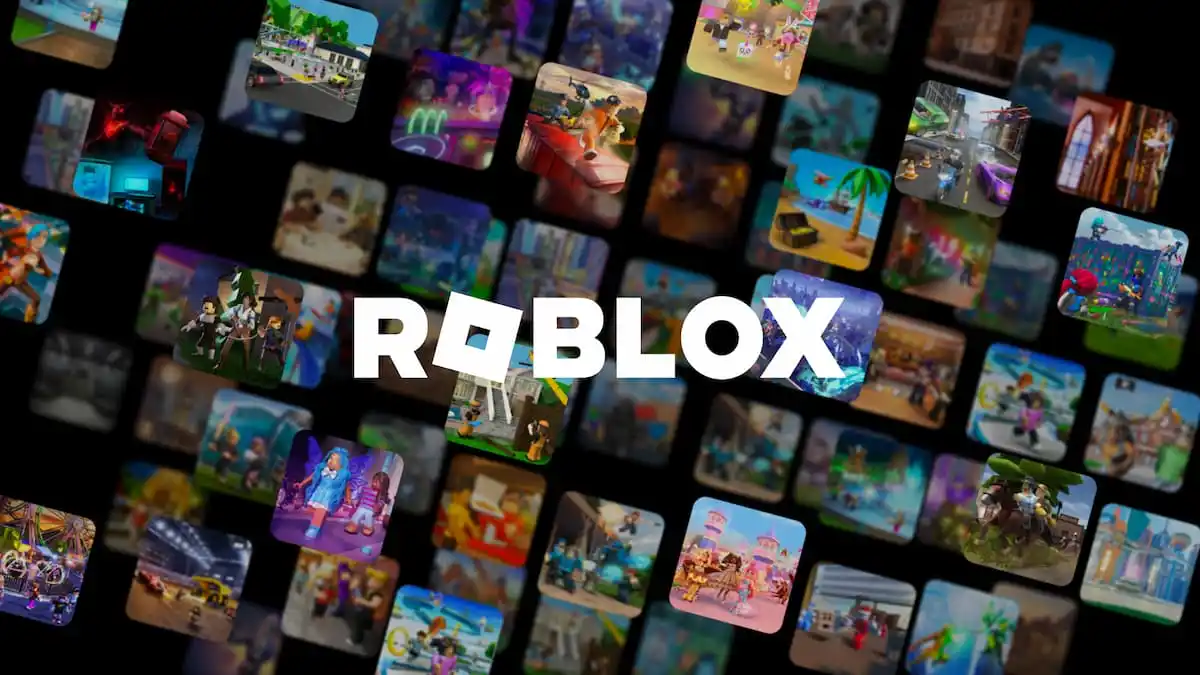


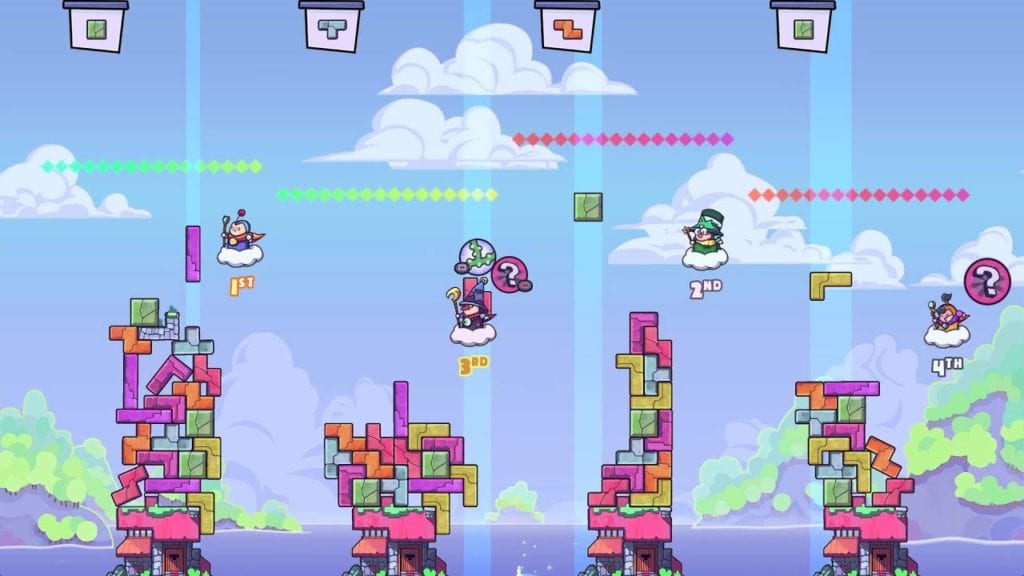
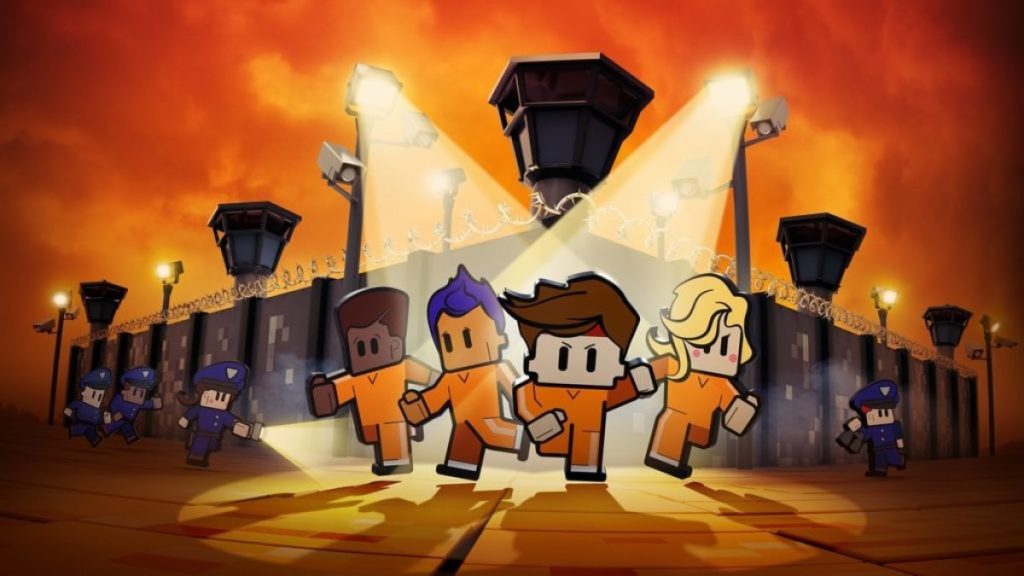
Published: Oct 24, 2018 08:03 pm